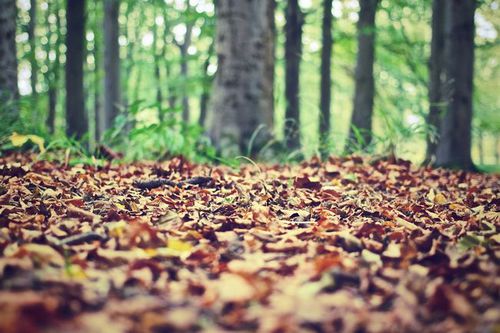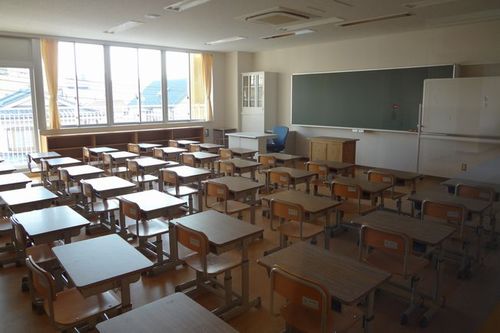We lament deeply the hurricane which hit Caribbean countries and southeastern United States in early October, 2016.
Our hearts go out to those who passed away, to those who have lost loved
ones and to all those who suffer from the catastrophe.
Research Institutes Collaborate to Create Global Map of CO2 Emissions from Soil

Image by Picography.
The Japanese Forestry and Forest Products Research Institute announced on March 16, 2016, that it has created a global map of carbon dioxide (CO2) emitted from the soil to the atmosphere, through collaborative research with the National Institute for Environmental Studies in Japan and the Max Planck Institute of Biochemistry in Germany. The research team established a model using the latest datasets, including observational data of CO2 emissions from the soil at more than 1,600 sites around the world.
It is estimated the amount of CO2 emitted from the soil to the atmosphere, stemming from the decomposition of fallen leaves and respiration in the roots of plants, to be at least ten times the amount emitted from the consumption of fossil fuels. Up to now, however, estimates were limited by a lack of adequate observational data for CO2 emissions from the soil; thus, the total global emissions were not well known.
The latest estimates of total global CO2 emissions from soil are 91 petagrams of carbon ("peta" means magnitude 10 to the 15th power, a million billion), the mean value from 1965 to 2012. This amount is about six percent less than estimated in a previous study (the assessed value in 2008, as reported in the science journal "Nature" in 2010). This difference is equivalent to the annual atmospheric CO2 emissions from the consumption of fossil fuels.
The estimates also suggested that, over the years, the amount of CO2 emitted from the soil has been on the rise, because of the effect of rising atmospheric temperatures caused by climate change. The latest estimates are expected to help better understand the Earth's carbon cycle and to improve the accuracy of future predictions of climate change.
Newly Arrived Articles from JFS (18 - 24 Oct. 2016)
JFS Newsletter No.169 (September 2016)

Image by Ryo FUKAsawa Some Rights Reserved.
Child poverty is attracting growing concern in Japan. It is a problem requiring serious attention, because it affects not only the health and happiness of children and their families but also their potential for higher education and better jobs in the future. This month we report on the status of child poverty in Japan, plus the Chiiki Mirai Juku Program, a tutoring program undertaken by the government to address child poverty.
Japan for Sustainability (JFS) is a non-profit communication platform to
disseminate environmental information from Japan to the world. We are
grateful that people in 191 countries have found an interest in our free
e-mail publications, and will continue to do our best to deliver useful
information to our readers all around the globe.
Please feel free to forward this message to your colleagues and friends
wherever the Internet can reach. If you know colleagues or friends there
with an interest in sustainability, please do forward them one of our
newsletters and invite them to try our service. To subscribe for JFS
Newsletters, visit www.japanfs.org/en/newsletter/subscribe.html

If you find our information and activities unique and valuable,
we appreciate your support!
http://www.japanfs.org/en/join/donation.html

Use this form http://www.japanfs.org/en/newsletter/subscribe.html to
remove your email address from our mailing list.

We welcome your comments. Please send them to: info@japanfs.org

Japan for Sustainability (JFS)
 |  |  |
Copyright (c) 2016, Japan for Sustainability. All Rights Reserved.
